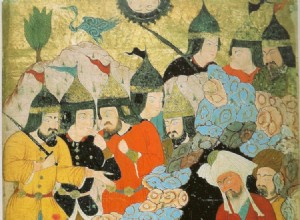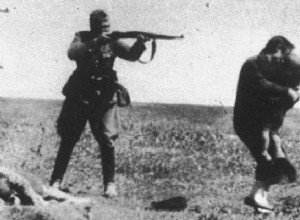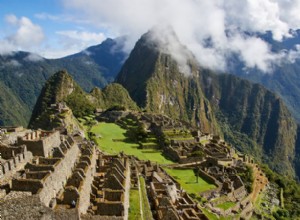Muhammad died in the summer of the year 632, perhaps poisoned, perhaps by a fatal disease. The Muslim leaders chose his mother-in-law, Abu Bakr, as his successor, but it was not easy for him to maintain the legacy, since the numerous prophets who had arisen at the risk of Muhammads success refused t




